Decentralisation : Irreversible Process
- Par Emmanuel
- 05 Nov 2021 11:14
- 0 Likes
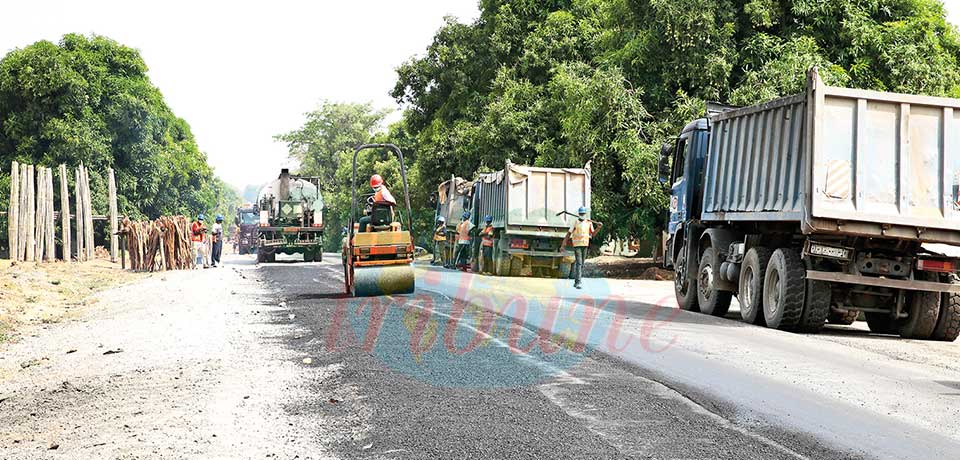
The decentralisation process that is on its total implementation phase now stands tall as one of the respected key commitments of the New Deal regime.
Cameroonians will be celebrating 39 years of the advent of the New Deal regime in the country that marked the accession of President Paul Biya to the supreme magistracy on November 6, 1982. During this event they will more importantly be celebrating the total putting in place of the institutions of the decentralisation process and its desired local development impact as enshrined in Law No.96-6 of 18 January 1996 to amend the Constitution of 2 June, 1972. Section 1 (2) of the Constitution states that, “The Republic of Cameroon shall be a decentralised unitary State.”
Indeed, in the 2022 financial year, the Regions that constitute the last institution in the decentralisation machinery to be effectively put in place will have their own budgets to function and carry out their local development missions. The Minister of Finance Louis Paul Motaze and his counterpart of Decentralisation and Local Development, Georges Elanga Obam signed the joint circular letter “No.004211/LC/MINFI/MINDDEVEL of 07 October 2021 relating to the preparation of the budgets of Regional and Local Authorities for the 2022 fiscal year.” The circular letter contains all the required details for Regions and Councils as local authorities to draw up their budgets for proper functioning in the 2022 financial year. Councils as local authorities have been functioning properly and carrying out their missions. However, Regions on their part are getting into the scene following their effective implantation process that has been taking place since the first-ever election of Regional Councillors in Cameroon on December 6, 2020. The pioneer Regional Council executives took office as from December 22, 2020 when the Regional Councillors had their first sessions as of right. Regions as decentralised authorities now have everything it takes to translate the decentralisation promises from paper to concrete development on the field intended to transform and improve on the lives of the local population. The Regional Councils have now embarked on drawing the respective Regional Development Plans, the documents from which projects will henceforth be selected to be included in the budgets.
Legal, Institutional Frameworks
President Paul Biya, the founder and architect of the New Deal regime, all through his 39 years at the helm of the supreme magistracy in Cameroon has had decentralisation as one of his key development tools. The concrete manifestation of the political yearning for decentralisation is contained in the Section 1 (2) of the 18 January 1996 which states that, “The Republic of Cameroon shall be a decentralised unitary State.” To facilitate the implementation of the decentralisation process, government during November 2019 ordinary session of Parliament tabled the bill on the process and after its adoption, the President of the Republic promulgated Law No. 2019/024 of 24 December 2019 to Institute the General Code of Regi...
Cet article complet est réservé aux abonnés
Déjà abonné ? Identifiez-vous >
Accédez en illimité à Cameroon Tribune Digital à partir de 26250 FCFA
Je M'abonne1 minute suffit pour vous abonner à Cameroon Tribune Digital !
- Votre numéro spécial cameroon-tribune en version numérique
- Des encarts
- Des appels d'offres exclusives
- D'avant-première (accès 24h avant la publication)
- Des éditions consultables sur tous supports (smartphone, tablettes, PC)






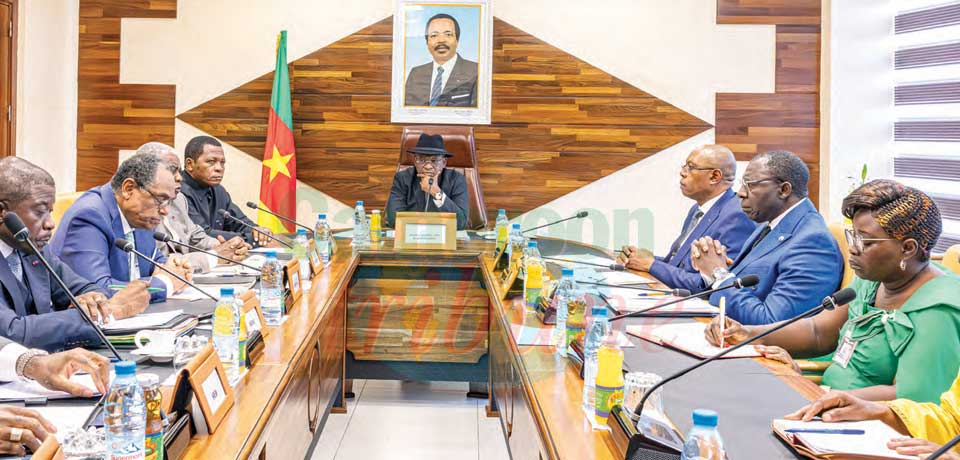
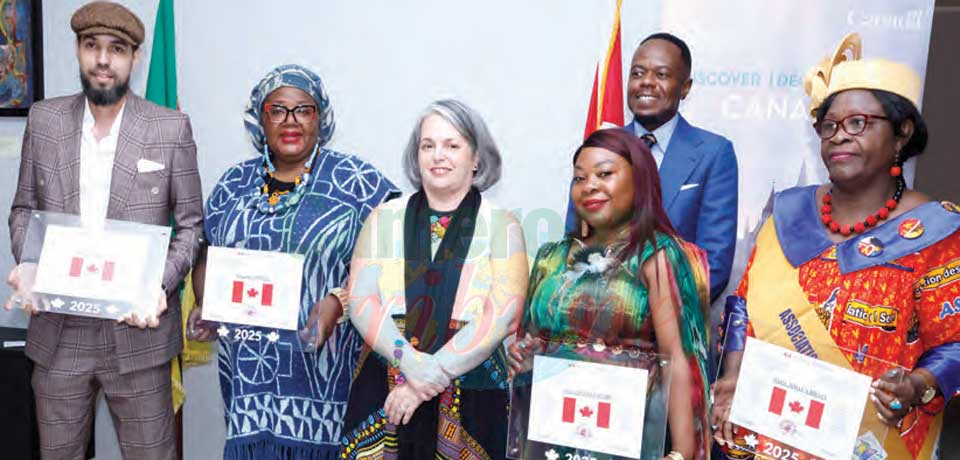
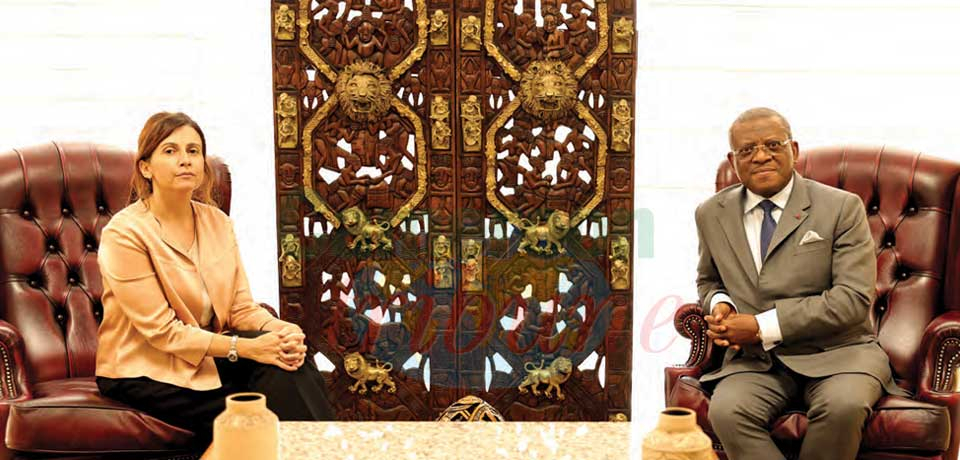
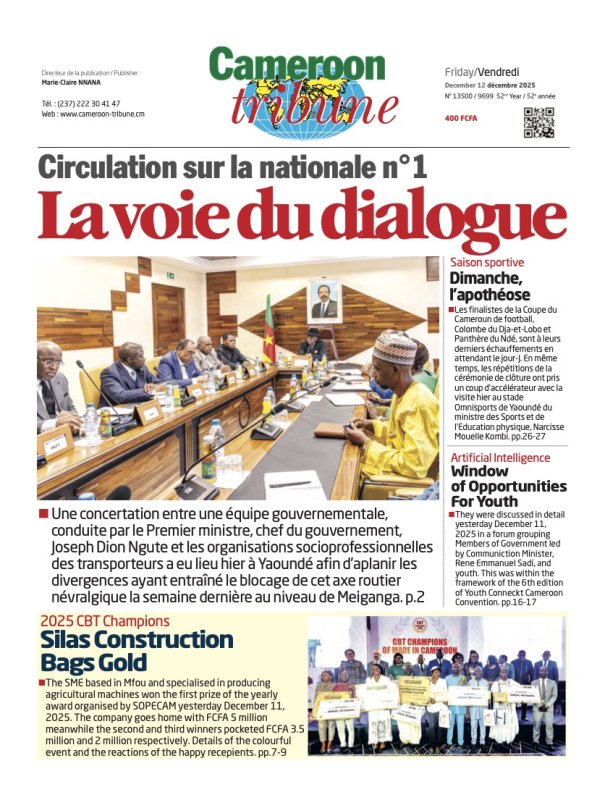




Commentaires